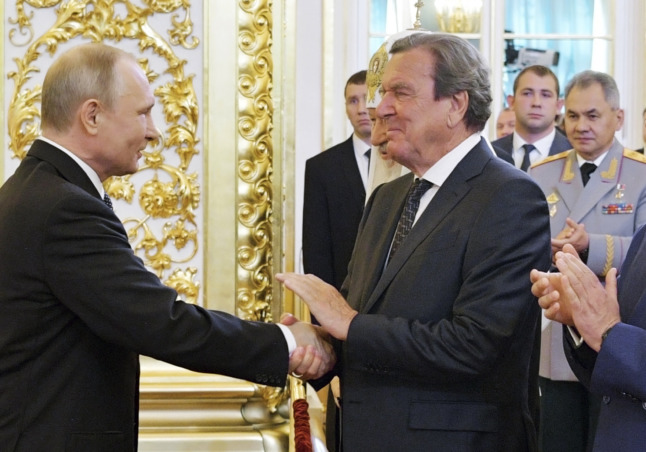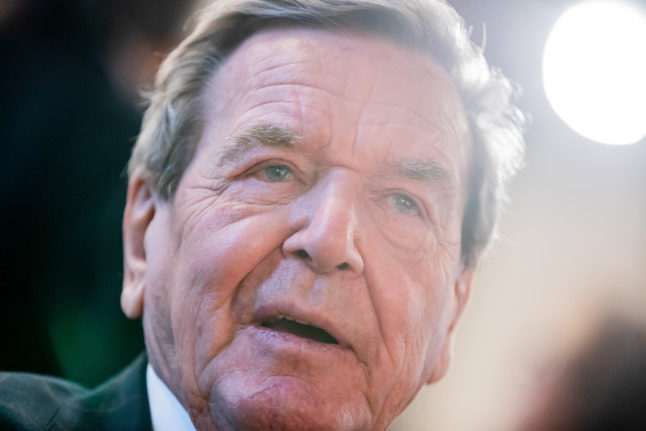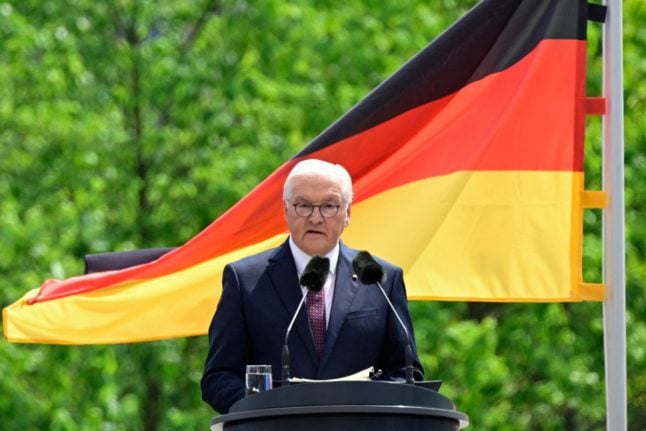The four members of his office staff who resigned showed they had “more backbone” than the Social Democrat, said Sebastian Brehm (CSU), a senior member of the conservative parliamentary group.
Schröder, who led Germany between 1998 and 2005, had “lost all his moral credibility by clinging to the lucrative posts”, Brehm said.
Meanwhile, the chancellor’s former spokesman, Bela Anda, announced a halt to his regular podcast with Schröder.
The Bundesliga club Borussia Dortmund, where Schröder is an honorary member, was also applying pressure on him, according to local reports.
Were the chancellor to hold on to his posts Dortmund could “not accept this and would make a decision accordingly”, the club told German daily Bild.
At issue are Schröder’s role as chairman of the board of directors of Russian oil giant Rosneft, as well as his planned ascension to the supervisory board of the gas giant Gazprom in June.
The gas group is behind the controversial Nord Stream 2 pipeline from Russia, whose approval was blocked by the German government in one of the West’s first responses to the aggression in Ukraine.
READ ALSO: OPINION – Germany has scuppered Nord Stream 2 but there are questions to answer
Schröder himself signed off on the first Nord Stream in his final weeks in office, and currently heads the pipeline’s shareholders’ committee.
The elder statesman, who has been publicly friendly with Putin, describing him as a “perfect democrat” in 2004, has become a nuisance for Germany’s leadership.

Current Chancellor Olaf Scholz, from the same party as Schröder, has distanced himself from his predecessor, saying recently “he does not speak for the government”.
Schröder’s roles were “damaging Germany’s reputation”, the co-head of the Social Democrats Saskia Esken said over the weekend.
In a LinkedIn post last week, the ex-leader said the war in Ukraine “must be stopped as soon as possible”, but added there had been “mistakes — on both sides”.



 Please whitelist us to continue reading.
Please whitelist us to continue reading.
Member comments